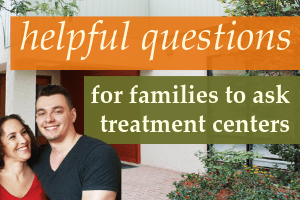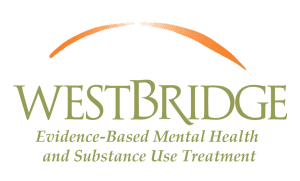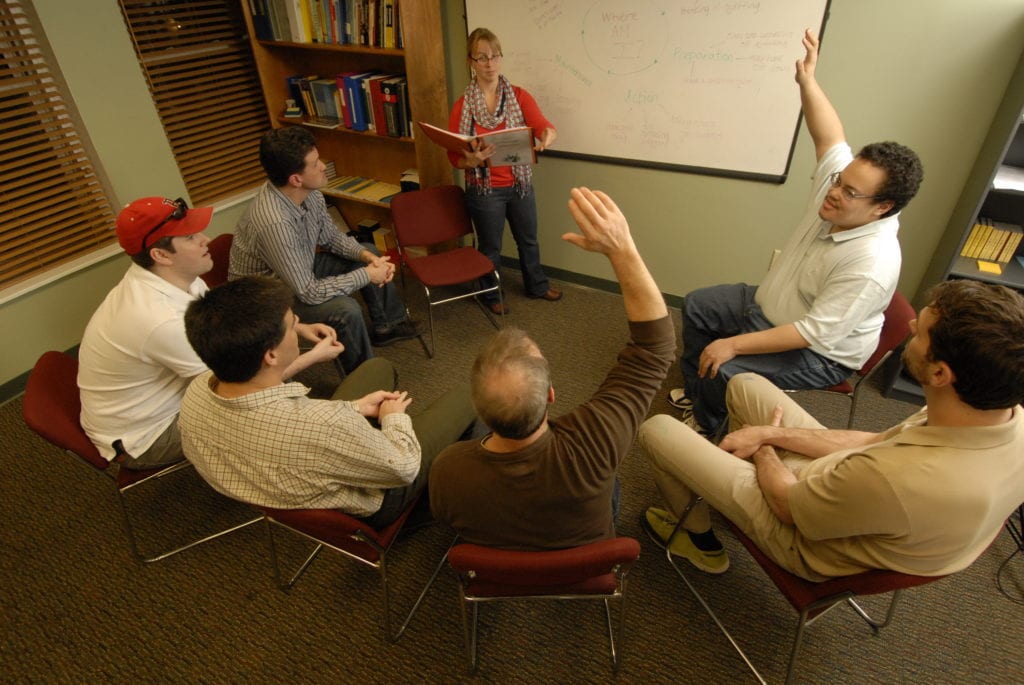
Navigating the mental health and substance use systems can be a difficult endeavor for families. We at WestBridge hope to support you in finding the best-suited residential treatment program for your loved one.
We have identified some helpful questions we recommend you ask when exploring potential treatment programs. We have also provided responses from our organization.
Is your facility licensed?
Residential Treatment Programs are not required to be licensed in all states. Although not required by law, obtaining licensure ensures that the facility is providing a certain baseline quality of service to clients and in a safe environment. Licensure also helps to ensure the privacy and confidentiality of patients through oversight and collaboration with the treatment program. If your state licenses programs, the licensing agency website may have helpful links to ascertain whether the facility is licensed.
WestBridge’s residential program is licensed in New Hampshire by the Department of Health and Human Services (DHHS) for both mental health and substance use treatment.
Are you accredited by the Joint Commission or CARF?
The Joint Commission or CARF (Commission on Accreditation of Rehabilitation Facilities) are the most rigorous accreditations a health care organization can obtain. Obtaining the Joint Commission or CARF gold seal of approval is a symbol of excellence, quality, and safety in providing health care services.
Since 2010, WestBridge has repeatedly received the maximum three-year Accreditation by CARF, demonstrating that our programs and services are of the highest quality, measurable, and accountable. www.carf.org
What mental health disorders do you specialize in treating?
Knowing what the facility’s treatment specialties are can help you understand whether they may be able to meet your loved one’s clinical needs. Many residential treatment centers state that they treat co-occurring disorders. They are often referring to mild forms of depression and anxiety.
WestBridge is a true co-occurring disorders treatment program. We excel in treating people with a full range of mental illnesses with co-occurring substance use, including but not limited to thought disorders (e.g. schizophrenia spectrum disorder) and mood disorders (e.g. bipolar disorder). We also utilize our expertise in the treatment of co-occurring disorders to help prevent substance use among adults with primary mental health needs, a population that is at risk for developing substance use disorders.
How long has your organization been providing treatment services?
Asking how long a treatment center has been in business will help you make an educated decision regarding the amount of experience the treatment program has providing effective clinical services.
WestBridge has been providing clinical services for co-occurring disorder since its establishment in 2001 and has withstood the test of time. The organization was established in Manchester, NH in 2001 and provides quality care through our Residential Treatment Program, Community Integration Program, Extension of Services Program, and Intensive Outpatient Program.
Are you a non-profit or a for-profit organization?
Understanding where your fees are going may help you decide which facility you would like to invest treatment in. Many treatment centers that have opened in recent years are for-profit organizations.
WestBridge is a non-profit 501(c)(3) organization. This means that we exist solely to help participants and families, rather than placing an emphasis on profit for investors.
How does your organization provide individualized care and have the ability to adapt to the changing needs of the client?
Every program advertises individualized care. Few provide it. Ask specifically how the treatment center you are interested in provides individualized care.
WestBridge utilizes a person-centered approach to treatment. Services are comprehensive, highly individualized and are modified during an ongoing assessment and treatment planning process. Level and length of care are tailored based on individual and family needs.
How are families involved and supported during the treatment process?
The love and support of family are one of the most valuable recovery resources for a person with co-occurring disorders. However, advocating for your loved one can be stressful, confusing, and exhausting. As a result, family members often experience a host of emotions, including sadness, guilt, grief, anger, etc. This means ensuring needed supports are in place for families is an important component of supporting individuals with co-occurring disorders.
At WestBridge, we believe that all family members are impacted when a loved one has a co-occurring disorder and thus has their own healing and recovery journey. The greatest potential for healing is fostered when family members are included and incorporated throughout the treatment process. Every family is provided comprehensive family support through our Family Recovery Resources Program. Our diverse resources for families are organized into four categories: Education, Recovery Support, Advocacy and Resource Development. A fundamental part of family involvement at WestBridge includes weekly participation in Clinical Updates and our Family Education and Support (FES) curriculum. This collaborative relationship between the treatment team and the entire family provides social support and includes interventions to reduce stress and tension in the family and improves overall functioning.
How can I utilize my insurance benefits to reduce my overall cost of treatment?
Most treatment programs will be happy to verify your insurance benefits and let you know if your insurance will help to cover the cost of treatment.
WestBridge is in-network with many major insurance providers. Our Family Benefits Specialists work diligently to obtain authorizations and provide courtesy billing for both in- and out-of-network benefits.
Is the length of your program sufficient to address my loved one’s needs?
The necessary amount of treatment differs depending on the type and degree of each individual’s challenges and needs. Clinical research shows that in general, the longer an individual receives treatment, the more favorable the outcome. The best types of programs evaluate progress and provide services to help maintain sobriety after treatment comes to an end.
Length of stay varies based on the individual’s needs and goals. We offer a continuum of care for men through our Residential Treatment Program, Community Integration Program, Extension of Services Program, and Intensive Outpatient Program (the later of which serves all genders), allowing men to transition through varying levels of care and support throughout their journey in recovery while remaining within the community.
Are the treatments within the program supported by scientific evidence, commonly referred to as evidence-based practices?
When looking into treatment options it is beneficial to verify that the interventions being utilized have been proven to work and are supported by research.
WestBridge utilizes evidence-based practices to ensure the quality and standard of care is met to allow the best opportunity for individuals to meet their treatment goals. The foundation of our services is based on the Integrated Dual Disorder Treatment (IDDT) and Stages of Change models. Other evidence-based practices WestBridge has implemented include Family Education and Support, Assertive Community Treatment, Cognitive Behavioral Therapy, Motivational Interviewing, Mindfulness, Collaborative Psychopharmacology, Contingency Management, and Mutual Support.
How do you track long-term progress and outcomes of those who receive treatment in your program?
Capturing and tracking data on participants, services, and outcomes provides a better understanding of the effectiveness of the treatment provided. This not only improves the integrity of the treatment center by holding them accountable to the effectiveness of their services but also provides transparency to families seeking treatment by allowing them to compare the value of the services being offered.
WestBridge currently tracks 14 domains of recovery: housing, friendship, family, education, employment, mental health, substance use, spirituality, tobacco use, healthy eating, exercise, sleep hygiene, physical health, and personal hygiene. Data is gathered every three months or upon transition, beginning at admission up to finishing the program. Outcomes reports are published quarterly on www.westbridge.org/outcomes-report
WestBridge’s successful treatment outcomes for men with co-occurring disorders have been verified by independent researchers in a study titled “Outcomes of a Community-Based Co-Occurring Disorders Treatment Program”. This study evaluated the evidence-based treatment offered at WestBridge and demonstrated that full participation in evidence-based models of care (a combination of residential and community based incorporating integrated dual disorder interventions, family education, supported employment/education, supported housing, and assertive community treatment) produces excellent outcomes.
Acquilano, Stephanie (2018) Outcomes of a Community-Based Co-Occurring Disorders Treatment Program – [White paper]. www.westbridge.org/white-paper-and-publications
Please reach out to our admissions team at 1.877.461.7711 for more information.







